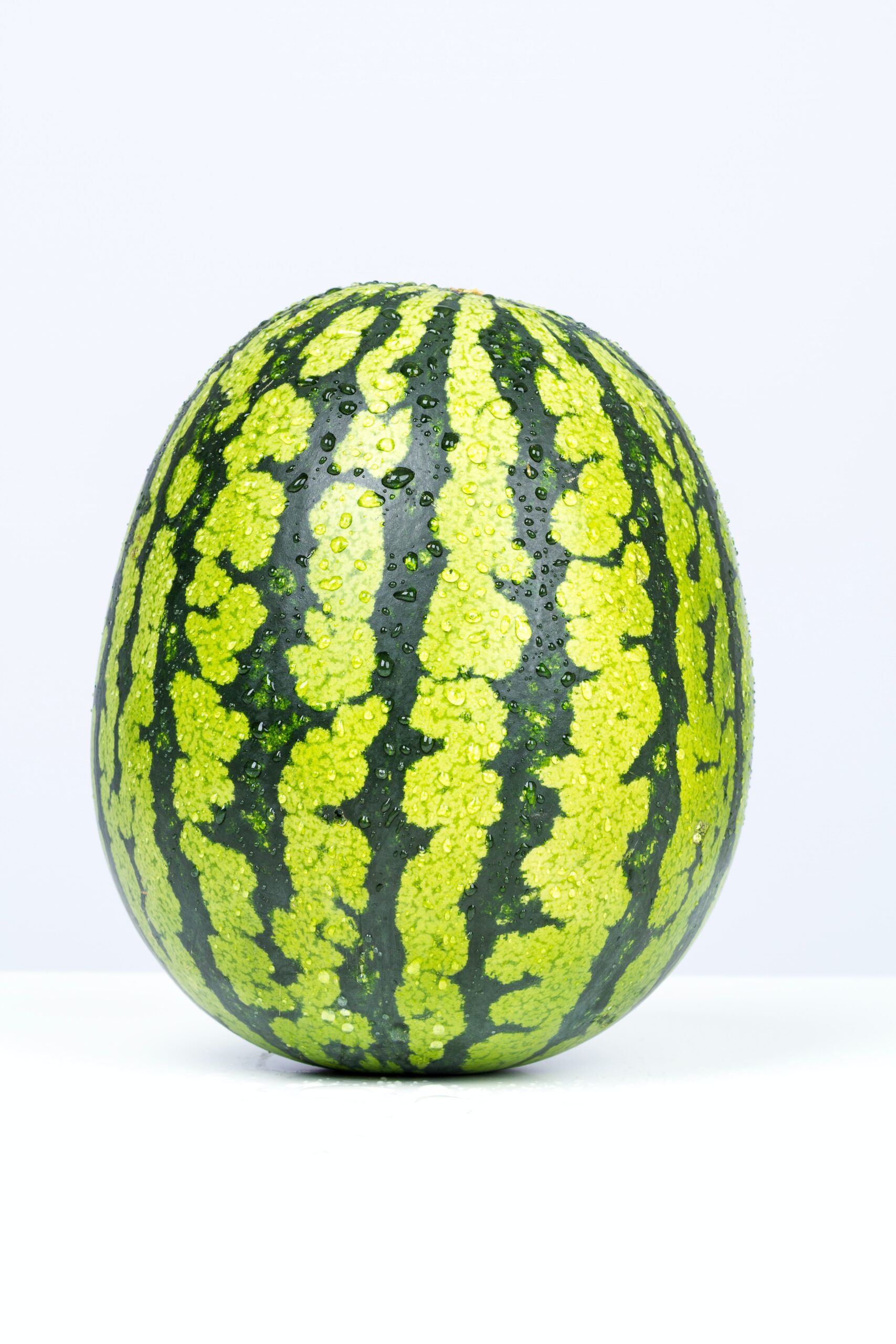
Water is one of, if not the most important, nutrients that our bodies require to stay in homeostasis. We risk becoming dehydrated when we don’t cater to this bodily need. Dehydration can cause loss of appetite, headaches, tiredness, confusion, and even seizures.
Humans require between 2.7 to 3.7 liters of water daily. Even more water is necessary if they are active or out in the sun. While it may be difficult for some to reach their daily water intake goals, you’ll be pleased to know that you don’t have to consume all your water in the form of a beverage. Plenty of vegetables and fruits can provide the body with the water it needs. Many are often more than 90% of water by weight and offer a variety of other benefits to the body. As summer is quickly approaching, here are some high-water content fruits and veggies that will help you stay happy and hydrated throughout the season!
1. Watermelon
Watermelon is a great option to quench your thirst at any time. Coming in at 92% water content, this fruit is also low in calories at just about 46 calories for 1 cup! It also contains a powerful antioxidant named lycopene that can improve your skin and protects your body’s cells from sun damage. Watermelon also contains fiber, magnesium, vitamin C, and vitamin A.
2. Tomatoes
This luscious lycopene-containing fruit is about 94% water content, making it one of the most hydrating in this category. A medium tomato contains more than half a cup of water and only contains 32 calories in a 1-cup serving. They are a great source of fiber, potassium, Vitamin A, and Vitamin C. Enjoy them in a variety of ways by eating them in slices or including them in salsa, pasta, or soup.
3. Cucumber
Cucumber is widely known for its many refreshing properties. While containing 95% water, this food is also abundant in anti-inflammatory properties, vitamin K, potassium, and magnesium, which makes it a perfect go-to any time you want to show your body some extra love. You can eat them alone, chop them up for a quick salad, or dip them in some hummus for a filling fiber and protein snack.
4. Celery
As popular as celery has become, it’s important to note how beneficial this crunchy and fibrous veggie is. It boasts a water content of 95%, making it to the top of the ranks of some of the most refreshing foods. This low-calorie find is only 16 calories per cup and offers a promising amount of Vitamin K, potassium, and folate as well as other vitamins and minerals. Celery can be eaten raw, added to soups, or dipped in yogurt or peanut butter.
5. Zucchini
Zucchini’s water content is almost 95% and has ample benefits to brag about. Just one cup of zucchini will be only 20 calories, 90% water, and it’ll offer 1 gram of fiber as well, making it a filling food. In that same 1-cup serving, you’ll receive 35% of your daily need for Vitamin C, which is vital for your immune system. It’s also packed with antioxidants like beta-carotene, zeaxanthin, and lutein, which are important for eye health. Add zucchini into your meals this summer by making zucchini noodles or “zoodles” in place of regular pasta for a powerful punch to your plate.
6. Cauliflower
Cauliflower is a cruciferous vegetable that comes in at 92% water content. It’s plentiful in vitamins and minerals such as Vitamin C and Vitamin K. It’s also one of the few foods that contain choline which is important for supporting metabolism and brain health. Cauliflower has 3 grams of fiber in each cup, offering only 25 calories at that, making it a great option to use when you’re looking for a low-calorie vegetable that will fill you up. Next time you go for pizza, opt for cauliflower crust for an added veggie boost to your meal.
7. Bell Peppers
Bell peppers have some of the most impressive nutrient profiles. At about 94% water content, bell peppers offer a colorful way to supply the body with a generous amount of water without drinking glass after glass. Impressively, one cup of bell peppers provides you with 317% of your daily value of Vitamin C. This aids your immune system and boosts iron absorption as well. They’re rich in potassium, fiber, and B vitamins, and are a significant source of antioxidants such as carotenoids. These may decrease the risk of eye diseases and certain cancers.
SOURCES
https://health.clevelandclinic.org/dehydrated-these-7-foods-will-satisfy-your-thirst-and-hunger/
https://www.everydayhealth.com/dehydration/water-packed-foods-help-you-avoid-dehydration/
https://www.myfooddata.com/articles/vegetables-high-in-water.php
https://www.healthline.com/nutrition/19-hydrating-foods#TOC_TITLE_HDR_10